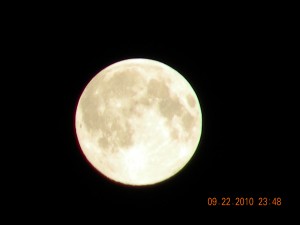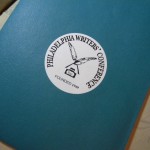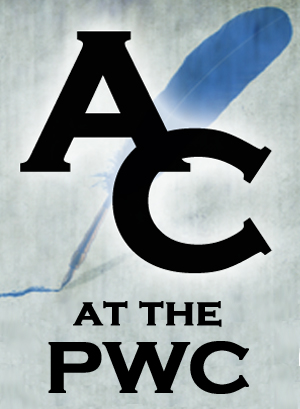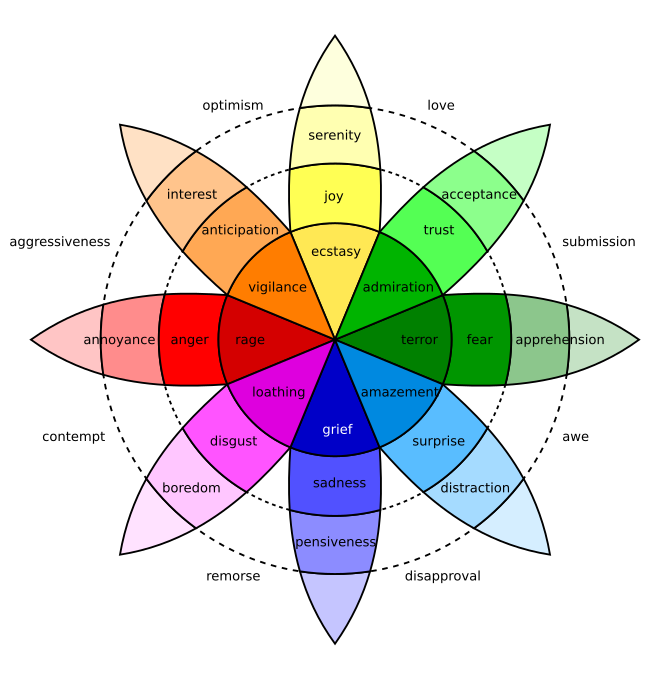Everyone posts New Year’s resolutions. I don’t so much do resolutions as goals. And I would like to try and make them realistic goals, so I don’t frustrate myself. The uber-healthy diet and sculpted beach-body? Not gonna happen. I’m going to try something more amenable to my couch-potato self.
I have talked about being in the midst of a great burnout. No creativity at all. 2018 was horrific, writing-wise. I totaled 89,672 words—and 73,218 of them were blog or other non-fiction writing words. Compare that to 2017, when my total words were 405,116, with 326,542 of those being fiction, and you can see how badly I fell off the workhorse.
So what am I aiming for this year? I have no specific word count in mind, but I do have two goals I want to reach:
- Finish revising Veritas.
- Re-release The Witch of Zal with new cover and illustrations.
Both are doable. I intend to do them.
Over this holiday, I have been trying to sleep more, to get out of the spiral of exhaustion and anxiety that I’ve been in for months. I think it is helping. I have an interest in getting back to revising Veritas, which I have been avoiding for quite some time. There’s a new angle I want to lay into the existing framework that intrigues me–and scares me, as I am not certain I can pull it off. But I want to try, which is huge step forward.
So that’s my master plan for 2019. Not Earth-shattering, for sure. But within my reach. The burnout took a long time to set in fully, it make take some time to climb my way out of it. But I pledge to be kind to myself, to try and focus on taking better care of myself, and hopefully get back on that writing workhorse again.
What goals have you set for yourself this year?









Happy New Year 2021 – CoronaLife Day 292
I think I speak for many people when I say there has never been a year I wanted to see the back of more than 2020. This year has lasted a decade, and I can’t wait to turn the page.
Having had a milestone birthday this year (thanks, 2020!), I am old enough to know that turning the calendar doesn’t magically make all our problems disappear. But it is a time to reset and take the lessons learned in the previous year and carry them forward.
So what have I learned in 2020? First, I learned that there are many things out of my control. This year was certainly a lesson in that, if nothing else. The coronavirus took any plans we had for this year and dumped them into the incinerator. The sphere of what I can actually control is a lot smaller than my ego would like to think it is.
Second, sometimes I have to just let things go. My anxiety disorder has been in overdrive this year, and that wreaks havoc on my writing. My creativity vanishes into the malaise. And I have to be okay with that, because there’s not much I can do about it. My creativity has been a roller coaster this year. I have days, even a week at a time, where the words come and I drive forward. Then a desert for weeks. I have had to learn to not beat myself up over that (a lesson I am still learning).
Third, I have had to learn to be less of an introvert. Wait, wait, wait, I hear you saying. You are stuck home, rarely going out, seeing nobody outside your family. How does that make you LESS of an introvert?
It is counter-intuitive, I grant you. I am an introvert’s introvert. I need alone time to recharge. And by alone time, I mean completely alone, no one else in the house. Not in another room, not on another floor, but not here AT ALL. Since March I have had both my daughter and my husband home 24/7. I love them dearly and I am so grateful we have the ability to be safe together. But I have had to get used to much less alone time (read: none), and figure out how to recharge anyway.
Fourth, it has highlighted many of the inequities that are baked into our country, and the desperate need to address them moving forward. I for one do not want to simply “go back to normal” because so much of what was normal was not working. This year that has shaken the world to the foundation has not merely exposed the cracks we have been papering over for decades, it wrenched those cracks wide open. We need to do better. Business as usual is no longer acceptable.
Finally, it has been a lesson in gratitude. I know, without a doubt, that my family has been incredibly lucky throughout this year. We have been able to work from home with no loss of income, and our immediate extended family have so far come through physically unscathed. For all the things we missed and were saddened to not have or do this year, we still have the people that we love, and that is everything.
I intend to take those lessons and go forward into 2021 knowing that we still have a long road ahead of us. None of the problems we face will vanish with the ball drop. But if we truly learn the lessons of 2020, we can make 2021 the beginning of something new, different, and better.
And by the end of the year, I might even get to be alone in the house again.
I wish all of you and your loved ones a healthy, happy, and much, much better 2021. Be safe, and have a Happy New Year.